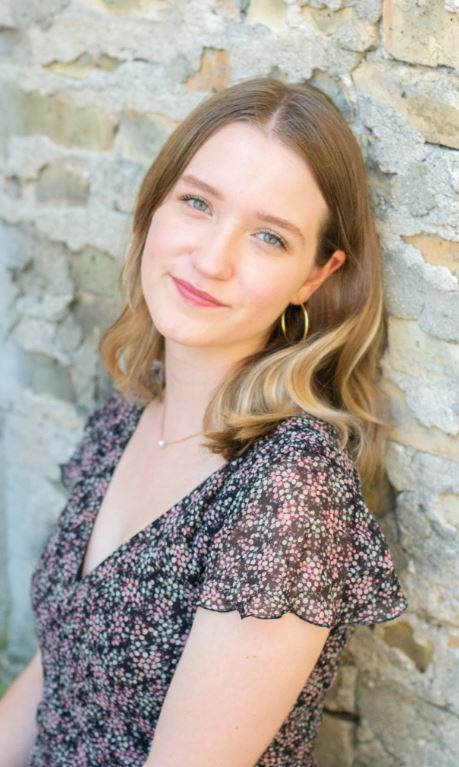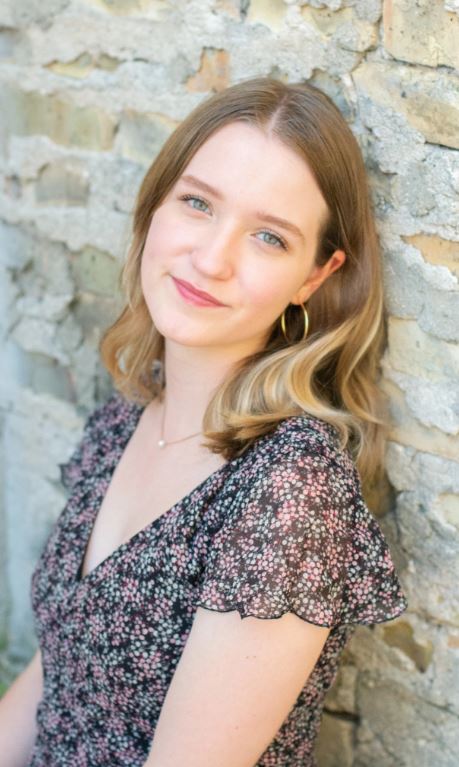Americana Music Association (AMA)
American Bandmasters Association
American Choral Directors Association (ACDA)
American Composers Alliance (ACA)
American Guild of Musical Arts (AGMA)
American Musicological Society
American Recorder Society (ARS)
Associated Chamber Music Players (ACMP)
College Band Directors National Association (CBDNA)
College Orchestra Directors Association (CODA)
International Alliance for Women in Music
International Clarinet Association (ICA)
International Double Reed Society (IDRS)
International Society of Bassists (ISB)
International Society for Contemporary Music (ISCM)
International Society for the Performing Arts (ISPA)
International Trombone Association (ITA)
International Trumpet Guild (ITG)
International Tuba and Euphonium Association (ITEA)
Music Teachers national Association (MTNA)
National Association of Church Musicians
National Association of College Wind and Percussion Instructors
National Association of Teachers of Singing (NATS)
National Endowment for the Arts (NEA)
National Federation of Music Clubs
National Flute Association (NFA)
North American Saxophone Alliance (NASA)
Violin Society of America (VSA)


